Science Articles
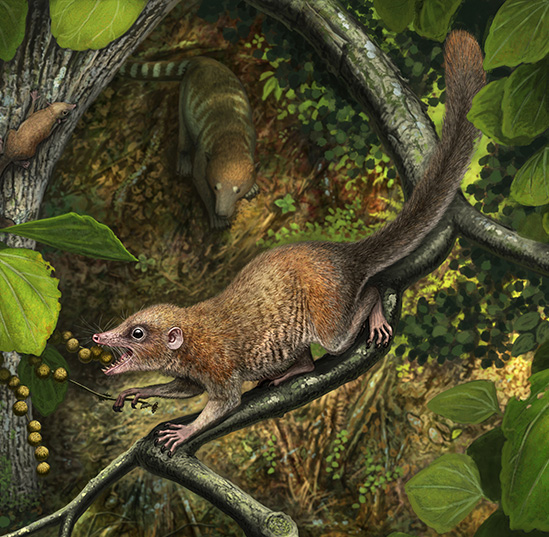
The study analyzed 65.9 million-year-old fossils of the early primate Purgatorius, the oldest genus in a group of primates called plesiadapiforms. The study found that these small mammals, who mainly lived off a diet of insects and fruits, likely emerged in the Late Cretaceous, just before the extinction of the dinosaurs.
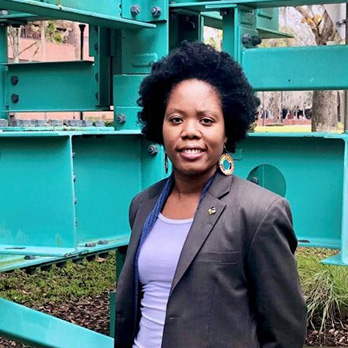
Vernelle Noel’s passion for Carnival, along with her talents as the founding director of UF’s Situated Computation & Design Lab, won her a grant from the Mozilla Foundation to train a machine learning model to recognize dancing sculptures and costumes from the Trinidad Carnival.
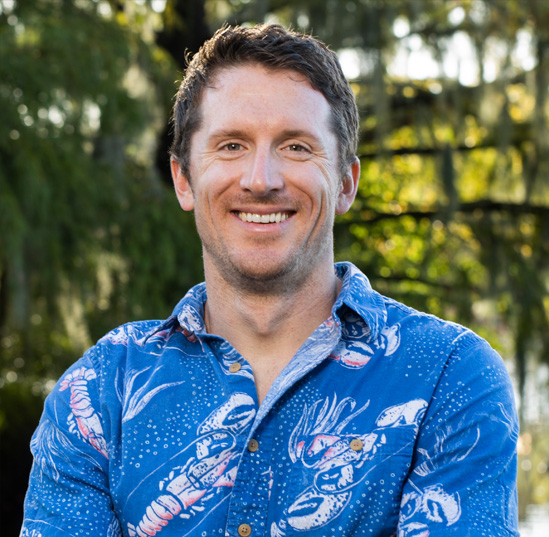
Brett Scheffers, an assistant professor of Wildlife Ecology and Conservation at UF, has received an Alfred P. Sloan Research Fellowship in Earth System Science, a recognition given to the best early career scientists viewed by their peers as rising stars.
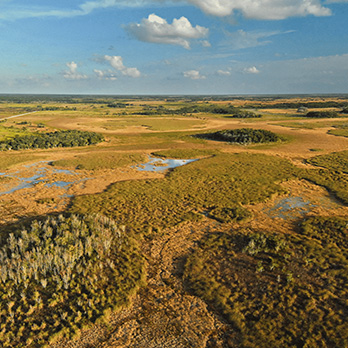
More than 27,000 rural acres near Yeehaw Junction in Florida’s southern Osceola County has been gifted to the University of Florida to protect one of the last natural areas of its kind and to serve as a living classroom and laboratory for students and faculty throughout the university.
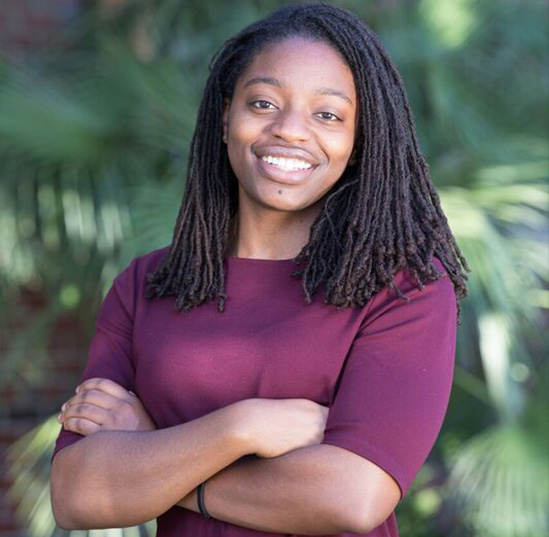
UF’s Erika Moore was recently named to Forbes magazine’s 30 Under 30 health care experts to watch in 2021. Forbes noted Moore’s unique research on a form of lupus that primarily affects Black women.
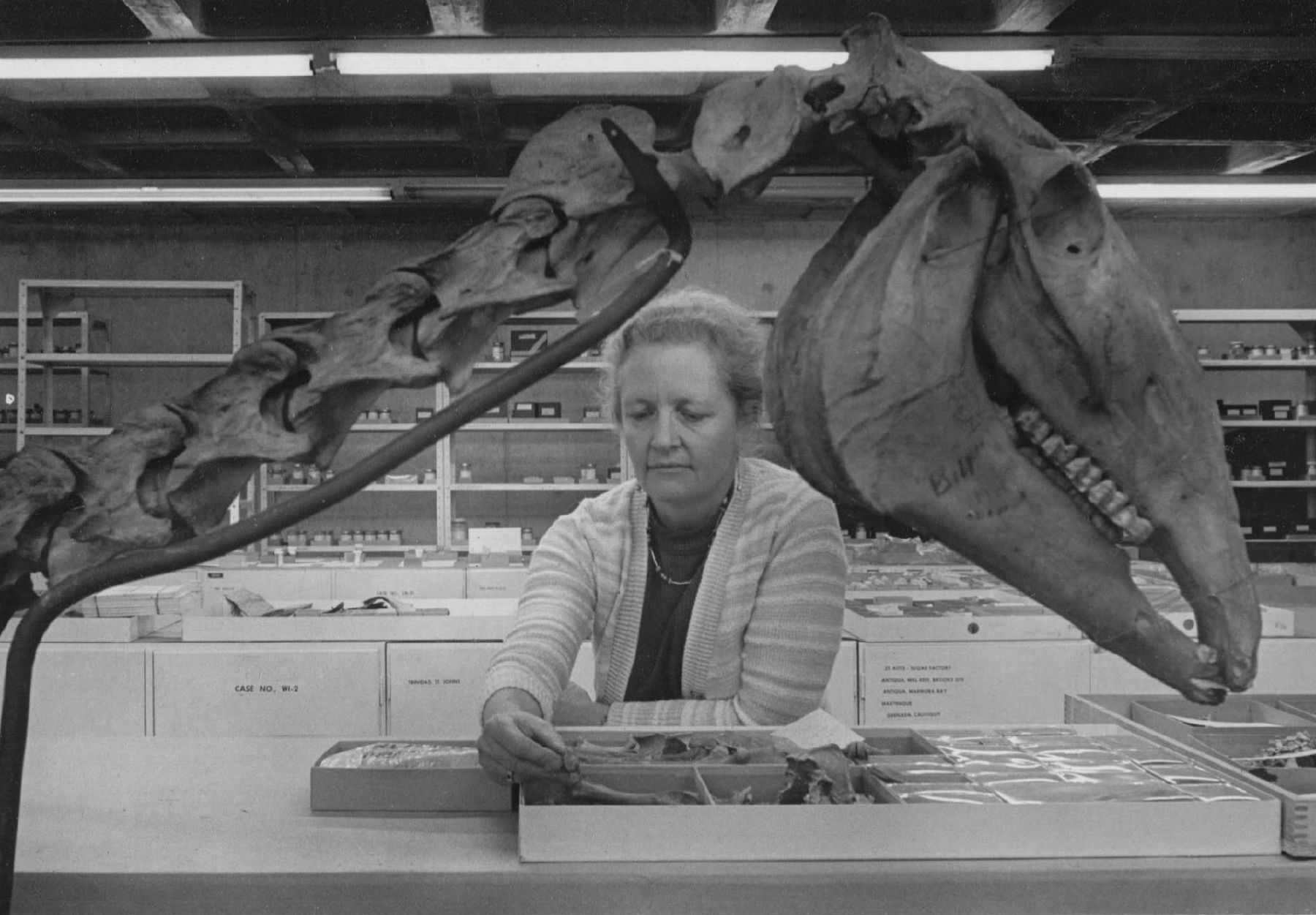
The first woman to earn a Ph.D. in zoology at UF, Wing’s path would lead her to help create an entirely new discipline – environmental archaeology, the study of people’s relationship with nature over the past millennia.
.jpg)
Despite the pandemic, University of Florida researchers conducted record amounts of research in 2020 and companies born of UF research continued to bring billions of dollars and thousands of jobs into the state.
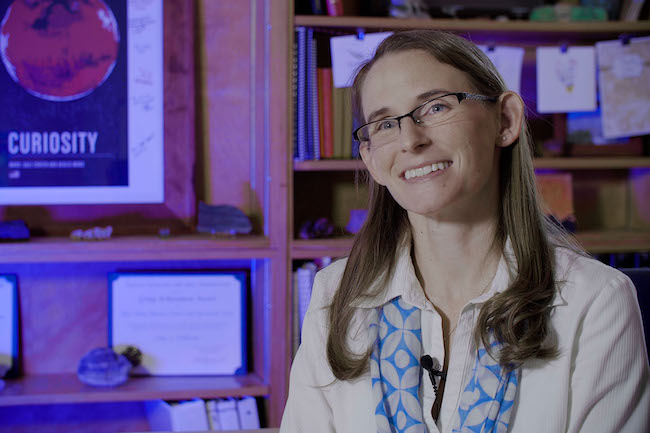
After serving on the Curiosity rover team since 2009, Amy Williams is now a participating scientist on the Perseverance rover, which touches down on the red planet on Feb. 18.
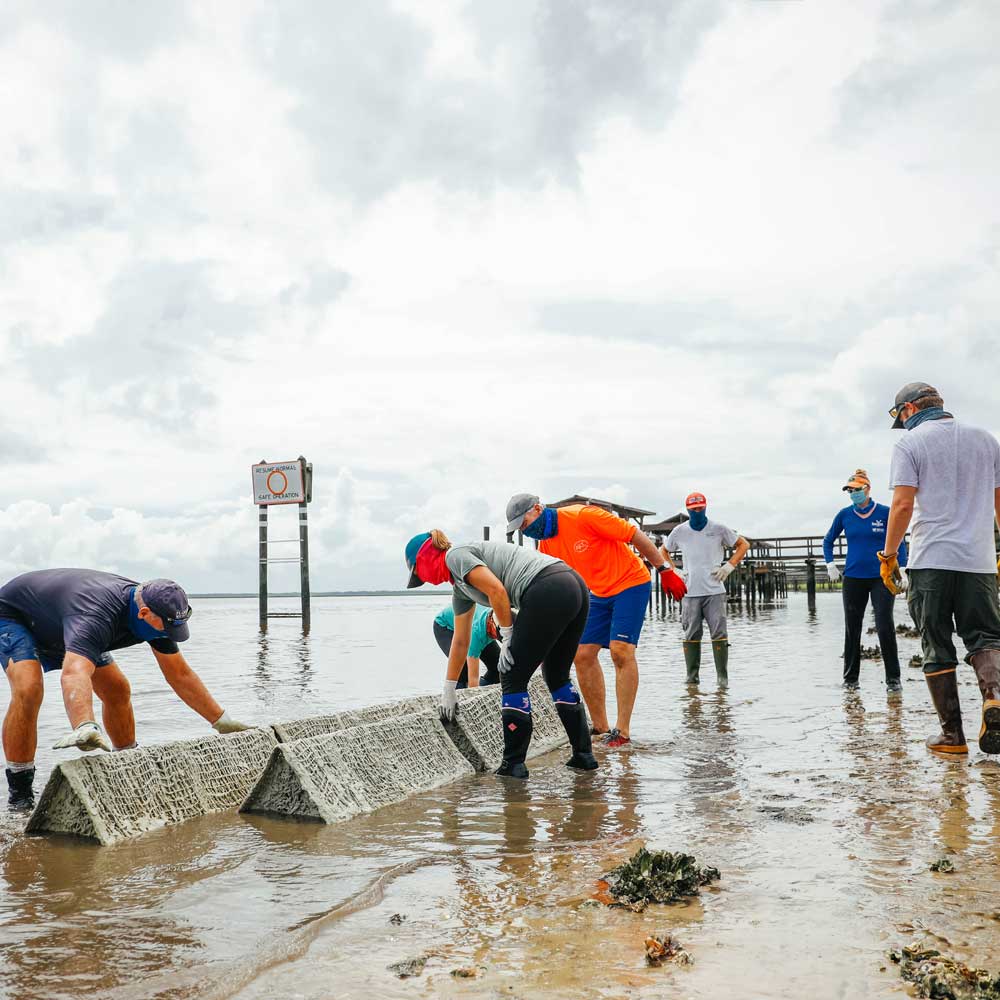
The University of Florida has research centers on both the Atlantic and Gulf coasts of Florida. Living shorelines are just one way UF IFAS Solutions researchers and extension agents protect homes, habitats and livelihoods for the state, nation and world.
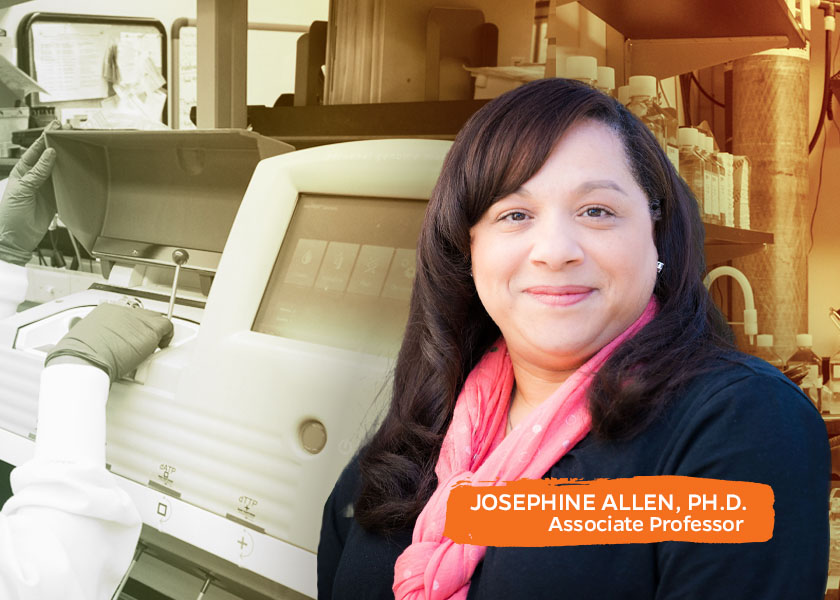
Representatives from a network of women deans, chairs and distinguished faculty in biomedical engineering are calling upon the National Institutes of Health and other funding agencies to address disparities in allocating support to Black researchers.
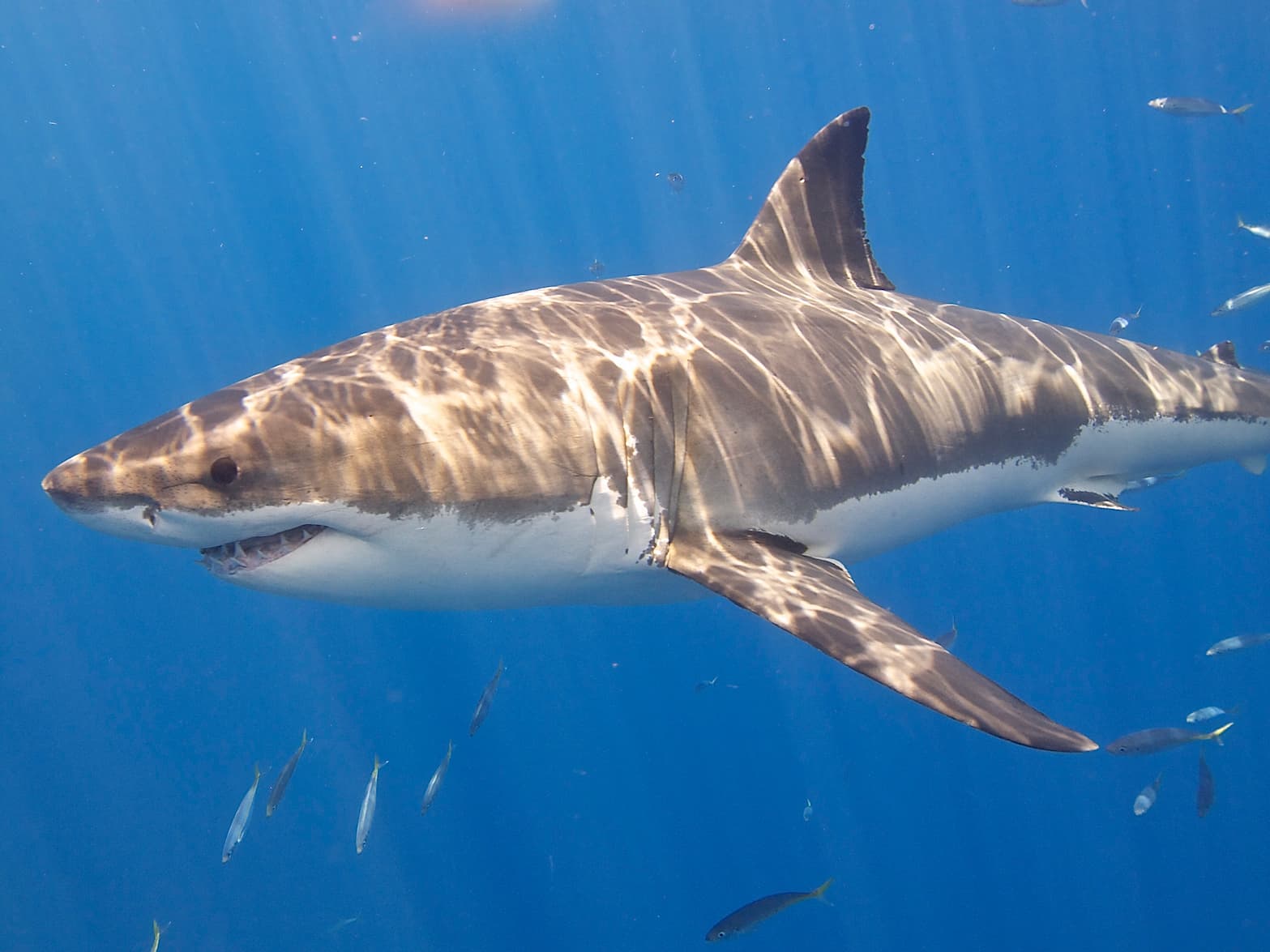
Shark attacks decreased for the third consecutive year, falling to 57 unprovoked bites worldwide in 2020, compared with 64 bites in 2019 and 66 in 2018, according to the annual summary issued by the University of Florida’s International Shark Attack File.
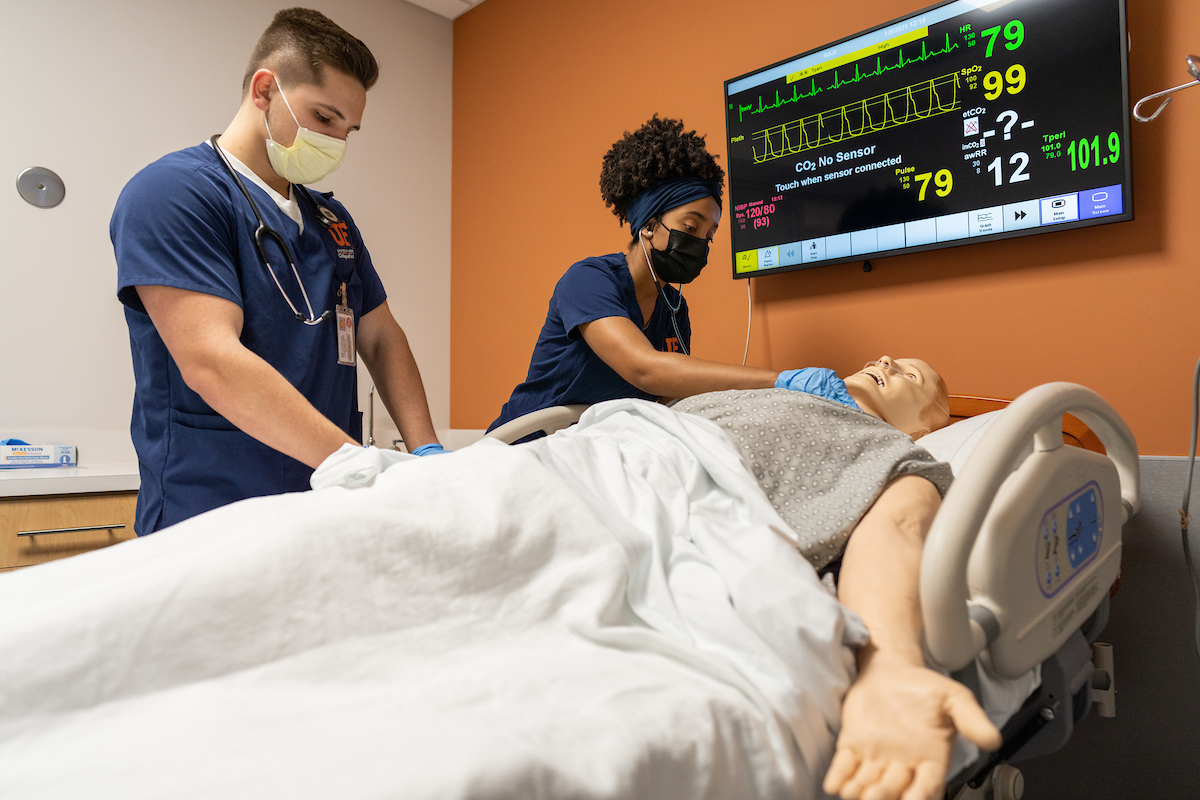
University of Florida College of Nursing students and faculty can now hone their skills using the latest technology in patient safety and learning assessment following an extensive overhaul of teaching space at the college to build a leading-edge simulation and learning center.

Aaron Costin, an assistant professor at the M.E. Rinker, Sr. School of Construction Management, is currently on the lead team of a joint $2 million Department of Transportation pooled fund study for expanding building information modeling (BIM) for bridges and structures.
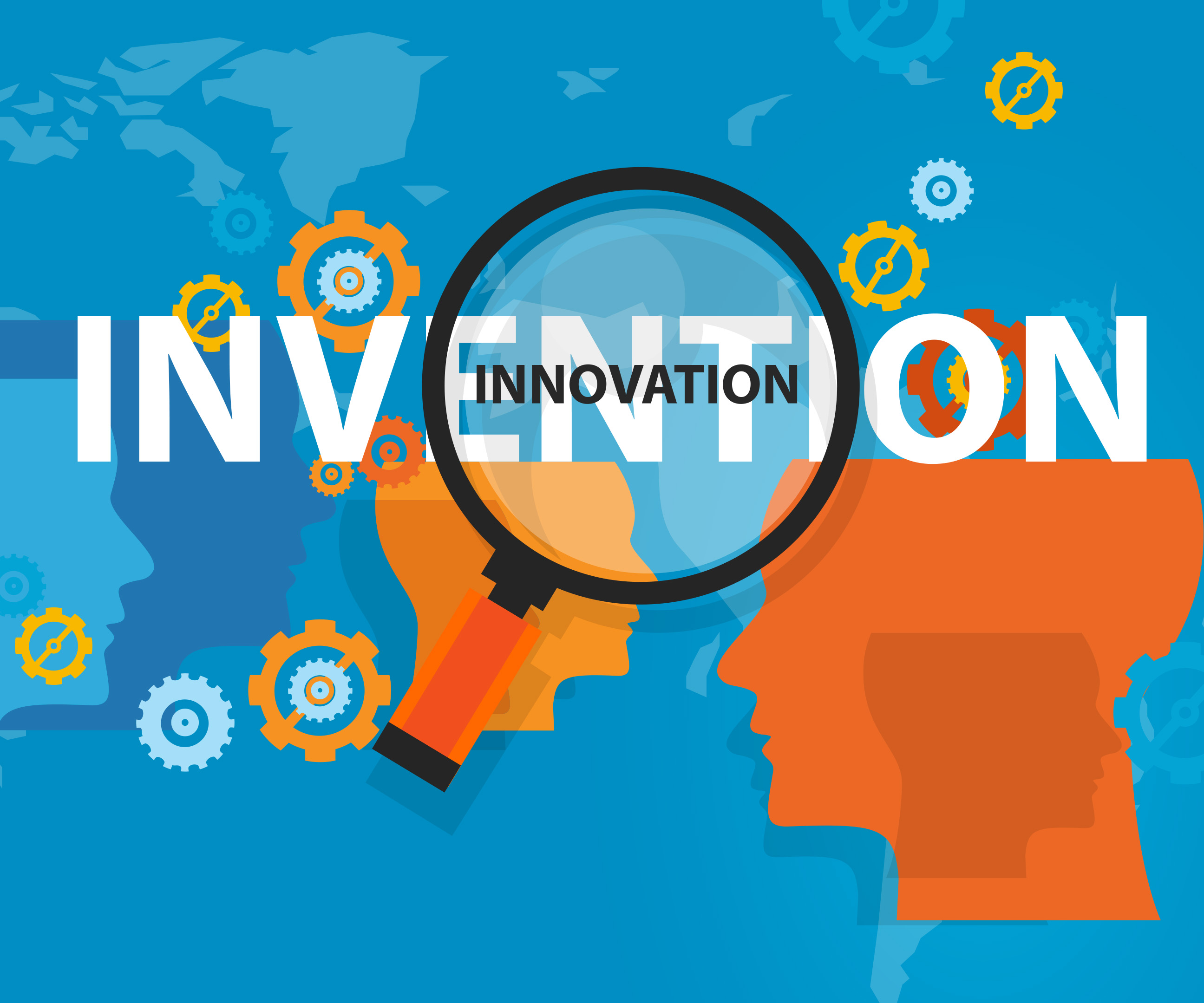
Emeritus professor of anesthesiology Richard Melker and professor of obstetrics and gynecology Gregory Schultz were recognized for their spirit of innovation in creating or facilitating outstanding inventions that have made a tangible impact on quality of life, economic development and the welfare of society.